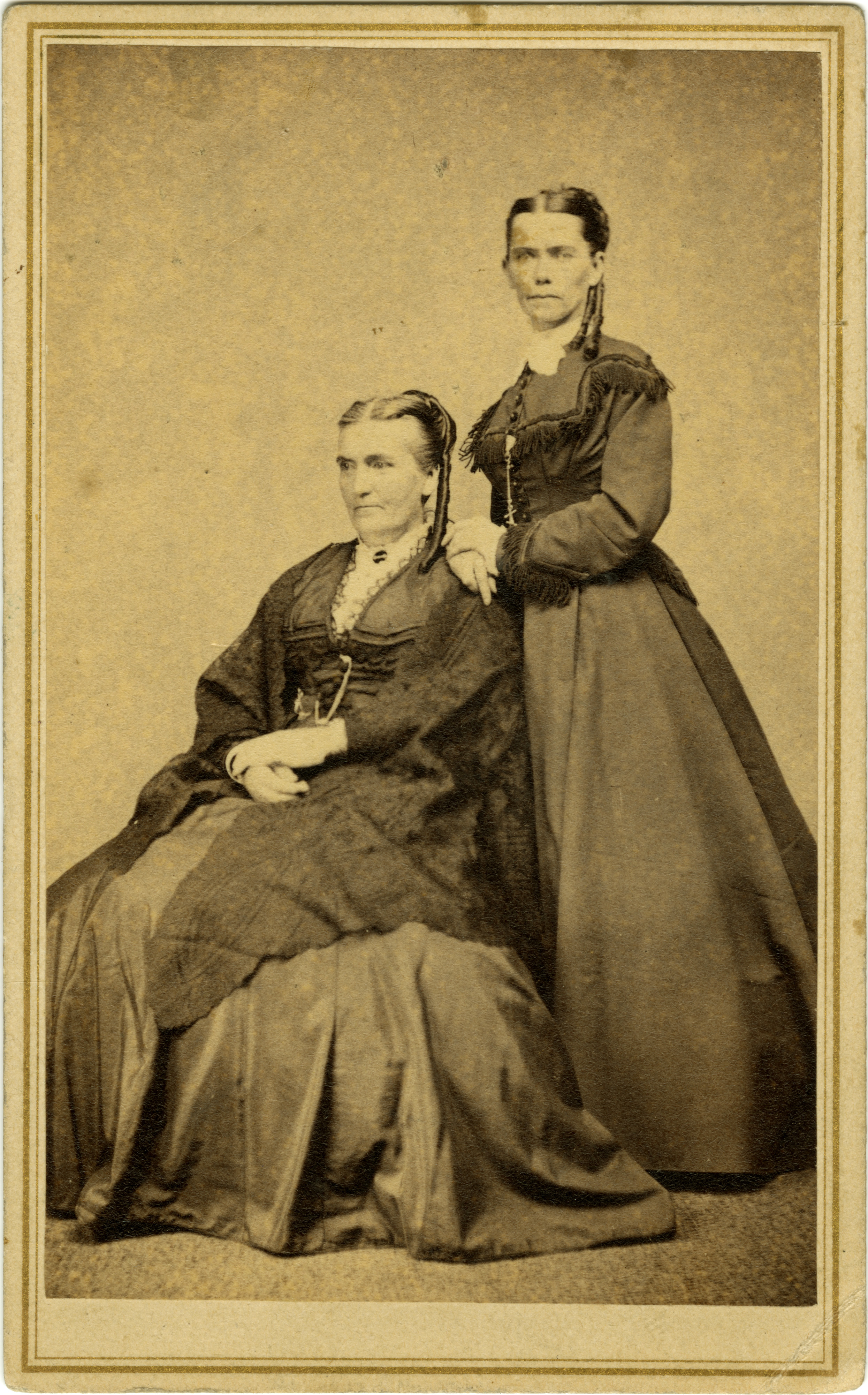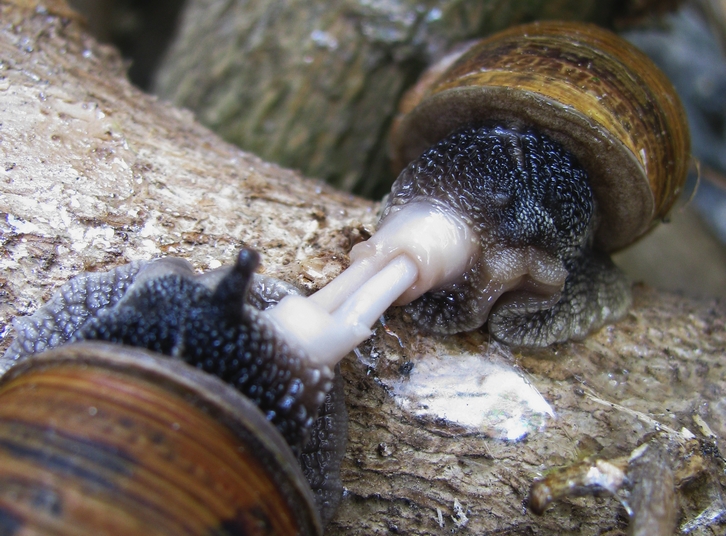|
LGBT Writers In The Dutch-language Area
LGBT writers in the Dutch-language area are writers from de Lage Landen, that is Flanders and the Netherlands, *who were homosexual *wrote for a homosexual audience *wrote about homosexuality According to Gerrit Komrij qualifying for at least two of the above makes someone a gay author. The first of these authors owed much to the late 19th century decadent literature, with names like Georges Eekhoud in Belgium and Jacob Israël de Haan in the Netherlands. After the second world war Gerard Reve, and later Gerrit Komrij and Tom Lanoye became the leading names. Most of these LGBT writers are Dutch-language writers contributing to Dutch-language literature, some of them acquiring a place in the Canon of Dutch Literature. Before late 19th century Before the last decades of the 19th century words like uranism, homosexual, sapphism, lesbian and transvestite didn't exist. Being called a true Sappho of Lesbos was a high compliment for female poets, without sexual connotations. Wo ... [...More Info...] [...Related Items...] OR: [Wikipedia] [Google] [Baidu] |
Lesbian
A lesbian is a Homosexuality, homosexual woman.Zimmerman, p. 453. The word is also used for women in relation to their sexual identity or sexual behavior, regardless of sexual orientation, or as an adjective to characterize or associate nouns with female homosexuality or same-sex attraction. The concept of "lesbian" to differentiate women with a shared sexual orientation evolved in the 20th century. Throughout history, women have not had the same freedom or independence as men to pursue homosexual relationships, but neither have they met the same harsh punishment as homosexual men in some societies. Instead, lesbian relationships have often been regarded as harmless, unless a participant attempts to assert privileges traditionally enjoyed by men. As a result, little in history was documented to give an accurate description of how female homosexuality was expressed. When early sexologists in the late 19th century began to categorize and describe homosexual behavior, hampere ... [...More Info...] [...Related Items...] OR: [Wikipedia] [Google] [Baidu] |
Aagje Deken
Agatha ("Aagje") Deken (1741 in Nieuwer-Amstel – 14 November 1804, in The Hague) was a Dutch writer. Biography Agatha Deken was born in 1741. In 1745, after her parents died, she went to live in the 'Oranje Appel' orphanage in Amsterdam, where she remained until 1767. After leaving the orphanage she served in several families and later started a business in coffee and tea. In 1769 she joined the Baptist community in Amsterdam. At the age of 29 she moved in with her friend Maria Bosch as a nurse. Maria Bosch died in 1773. In 1775, Deken published the collection of poems ''Stichtelijke gedichten'', which she had written together with Maria Bosch. 1776 saw the beginning of a correspondence between Aagje Deken and Betje Wolff, who had already published several works by that time. In October of that year they met for the first time. After the death of Betje's husband, the two women lived together. In September 1777 they published their first joint work: ''Brieven'' ('Letters'). In ... [...More Info...] [...Related Items...] OR: [Wikipedia] [Google] [Baidu] |
Betje Wolff
Elizabeth ("Betje") Wolff-Bekker (24 July 17385 November 1804) was a Dutch novelist who, with Agatha "Aagje" Deken, wrote several popular epistolary novels such as ''Sara Burgerhart'' (1782) and ''Willem Levend'' (1784). Biography Betje Bekker was born into a wealthy Calvinist family at Vlissingen. On 18 November 1759, at the age of 21, she married the 52-year-old clergyman Adriaan Wolff. In 1763 she published her first collection ''Bespiegelingen over het genoegen'' ('Reflections on Pleasure'). After her husband's death in 1777, she lived for a time with Aagje Deken in France. From then on the two women published their work together; it is somewhat difficult to determine the exact qualities contributed by each though many believe that Betje Wolff was the main author due to her wider acclaim before their pairing. They specialized in epistolary novels in the mold of Samuel Richardson. Because of their patriotic sympathies they moved to Trévoux in Burgundy in 1788. In 1789 they p ... [...More Info...] [...Related Items...] OR: [Wikipedia] [Google] [Baidu] |
Guido Gezelle001
Guido is a given name Latinised from the Old High German name Wido. It originated in Medieval Italy. Guido later became a male first name in Austria, Germany, the Low Countries, Scandinavia, Spain, Portugal, Latin America and Switzerland. The meaning of the name is debated, with various sources indicating the Germanic "Wido" means "wood" and others connecting the Italian form "Guido" to the latinate root for "guide". The slang term '' Guido'' is used in American culture to refer derogatorily to an urban working-class Italian or Italian-American male who is overly aggressive or macho with a tendency for certain conspicuous behavior. It may also be used as a more general ethnic slur for working-class urban Italian Americans. People Given name ;Medieval times * Guido of Acqui (–1070), bishop of Acqui, Italy * Guido of Anderlecht (–1012), Belgian saint *Guido of Arezzo (–after 1033), Italian music theorist *Guido da Velate, (died 1071) bishop of Milan * Guido Bonatti (died ), ... [...More Info...] [...Related Items...] OR: [Wikipedia] [Google] [Baidu] |
Platonic Love
Platonic love (often lowercased as platonic love) is a type of love in which sexual desire or romantic features are nonexistent or has been suppressed or sublimated, but it means more than simple friendship. The term is derived from the name of Greek philosopher Plato, though the philosopher never used the term himself. Platonic love, as devised by Plato, concerns rising through levels of closeness to wisdom and true beauty, from carnal attraction to individual bodies to attraction to souls, and eventually, union with the truth. Platonic love is contrasted with romantic love. Classical philosophical interpretation Platonic love is examined in Plato's dialogue, the ''Symposium'', which has as its topic the subject of love, or more generally the subject of Eros. It explains the possibilities of how the feeling of love began and how it has evolved, both sexually and non-sexually, and defines genuine platonic love as inspiring a person's mind and soul and directing their att ... [...More Info...] [...Related Items...] OR: [Wikipedia] [Google] [Baidu] |
Sexuality
Human sexuality is the way people experience and express themselves sexually. This involves biological, psychological, physical, erotic, emotional, social, or spiritual feelings and behaviors. Because it is a broad term, which has varied with historical contexts over time, it lacks a precise definition. The biological and physical aspects of sexuality largely concern the human reproductive functions, including the human sexual response cycle. Someone's sexual orientation is their pattern of sexual interest in the opposite or same sex. Physical and emotional aspects of sexuality include bonds between individuals that are expressed through profound feelings or physical manifestations of love, trust, and care. Social aspects deal with the effects of human society on one's sexuality, while spirituality concerns an individual's spiritual connection with others. Sexuality also affects and is affected by cultural, political, legal, philosophical, moral, ethical, and religious ... [...More Info...] [...Related Items...] OR: [Wikipedia] [Google] [Baidu] |
Romantic Friendship
A romantic friendship, passionate friendship, or affectionate friendship is a very close but typically non-sexual relationship between friends, often involving a degree of physical closeness beyond that which is common in contemporary Western societies. It may include, for example, holding hands, cuddling, hugging, kissing, giving massages, or sharing a bed, without sexual intercourse or other sexual expression. The term is typically used in historical scholarship, and describes a very close relationship between people of the same sex during a period of history when there was not a social category of ''homosexuality'' as there is today. In this regard, the term was coined in the later 20th century in order to retrospectively describe a type of relationship which until the mid-19th century had been considered unremarkable but since the second half of the 19th century had become rarer as physical intimacy between non-sexual partners came to be regarded with anxiety. Romantic fr ... [...More Info...] [...Related Items...] OR: [Wikipedia] [Google] [Baidu] |
Pornography
Pornography (often shortened to porn or porno) is the portrayal of sexual subject matter for the exclusive purpose of sexual arousal. Primarily intended for adults,"Kids Need Porn Literacy" – , ''Psychology Today'', 30 October 2016 pornography is presented in a variety of media, including , , |
LGBT
' is an initialism that stands for lesbian, gay, bisexual, and transgender. In use since the 1990s, the initialism, as well as some of its common variants, functions as an umbrella term for sexuality and gender identity. The LGBT term is an adaptation of the initialism ', which began to replace the term ''gay'' (or ''gay and lesbian'') in reference to the broader LGBT community beginning in the mid-to-late 1980s. When not inclusive of transgender people, the shorter term LGB is still used instead of LGBT. It may refer to anyone who is non-heterosexual or non-cisgender, instead of exclusively to people who are lesbian, gay, bisexual, or transgender. To recognize this inclusion, a popular variant, ', adds the letter ''Q'' for those who identify as queer or are questioning their sexual or gender identity. The initialisms ''LGBT'' or ''GLBT'' are not agreed to by everyone that they are supposed to include. History of the term The first widely used term, '' homosexual'', ... [...More Info...] [...Related Items...] OR: [Wikipedia] [Google] [Baidu] |
Hermaphrodite
In reproductive biology, a hermaphrodite () is an organism that has both kinds of reproductive organs and can produce both gametes associated with male and female sexes. Many Taxonomy (biology), taxonomic groups of animals (mostly invertebrates) do not have separate sexes. In these groups, hermaphroditism is a normal condition, enabling a form of sexual reproduction in which either partner can act as the female or male. For example, the great majority of tunicata, tunicates, pulmonate molluscs, opisthobranch, earthworms, and slugs are hermaphrodites. Hermaphroditism is also found in some fish species and to a lesser degree in other vertebrates. Most plants are also hermaphrodites. Animal species having different sexes, male and female, are called Gonochorism, gonochoric, which is the opposite of hermaphrodite. There are also species where hermaphrodites exist alongside males (called androdioecy) or alongside females (called gynodioecy), or all three exist in the same species ( ... [...More Info...] [...Related Items...] OR: [Wikipedia] [Google] [Baidu] |
Pederast
Pederasty or paederasty ( or ) is a sexual relationship between an adult man and a pubescent or adolescent boy. The term ''pederasty'' is primarily used to refer to historical practices of certain cultures, particularly ancient Greece and ancient Rome. In most countries today such relationships are illegal. The local age of consent determines whether a person is considered legally competent to consent to sexual acts, and whether such contact is child sexual abuse or statutory rape. An adult engaging in sexual activity with a minor may be considered abusive by medical authorities for a variety of reasons, including the age of the minor, the likelihood of the minor developing one or more mental disorders, such as post-traumatic stress disorder, physical injury to the minor, and the minor's propensity for further victimization in adulthood. Etymology and usage ''Pederasty'' derives from the combination of grc, παίδ-, paid-, boy, child (stem) with grc, ἐραστής, er ... [...More Info...] [...Related Items...] OR: [Wikipedia] [Google] [Baidu] |


.png)
.png)



